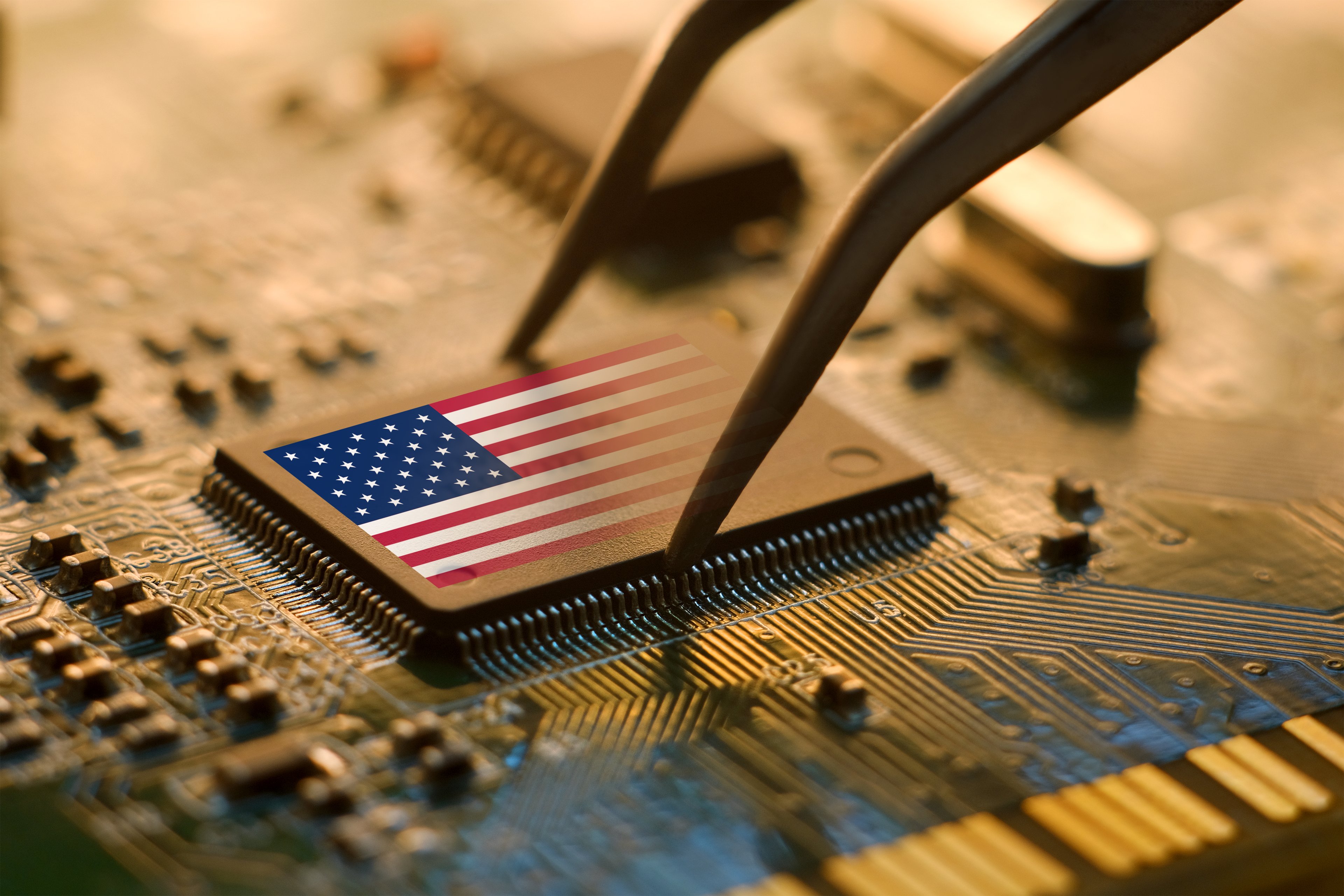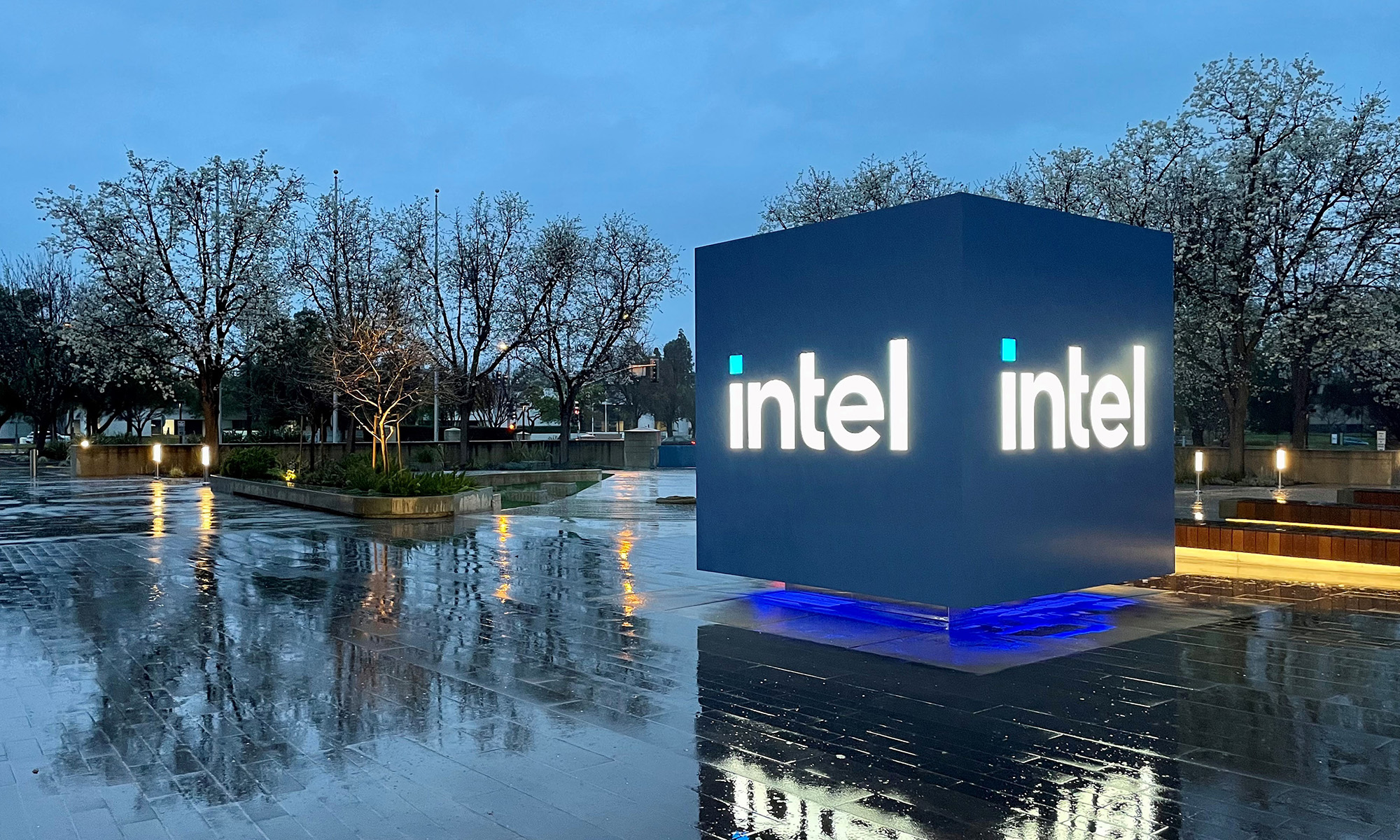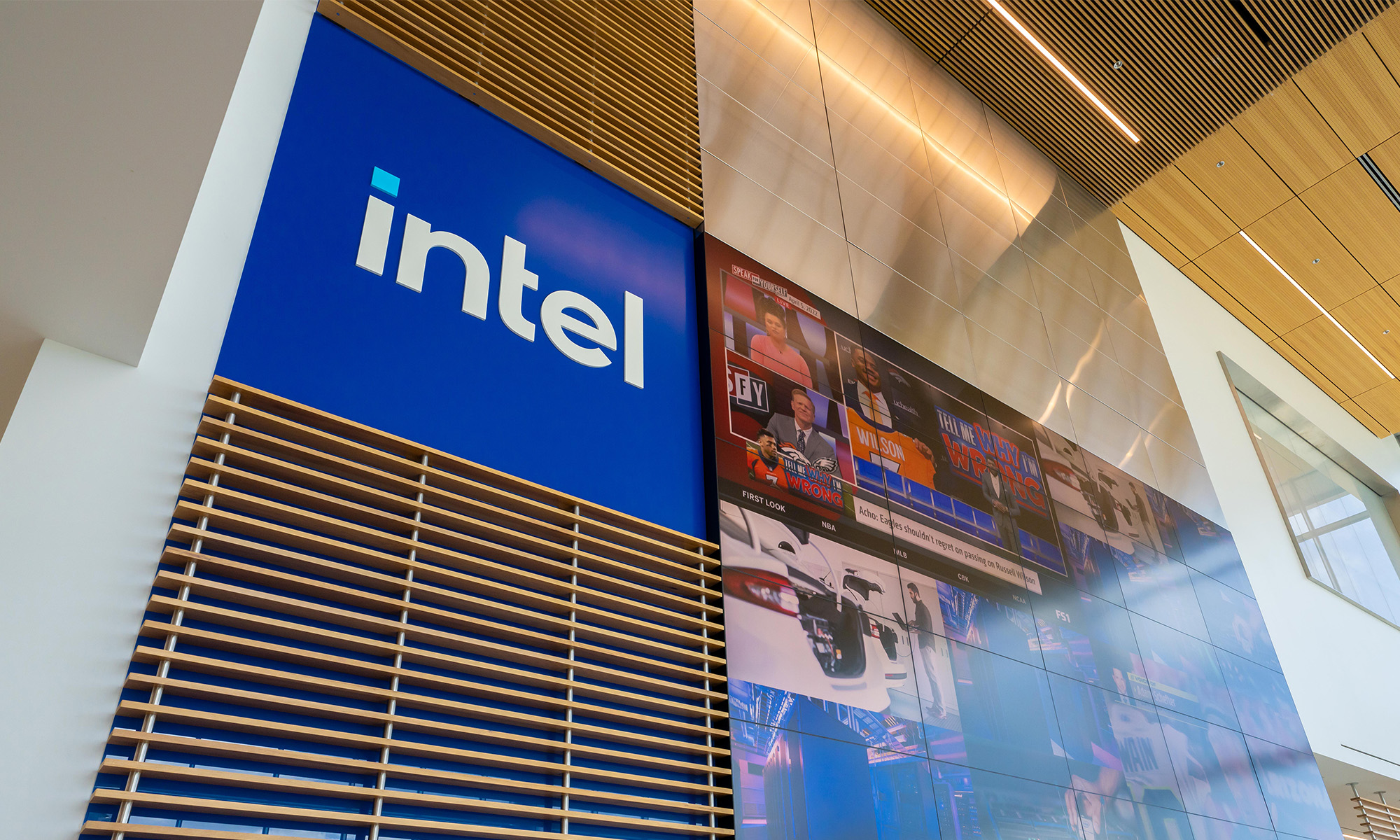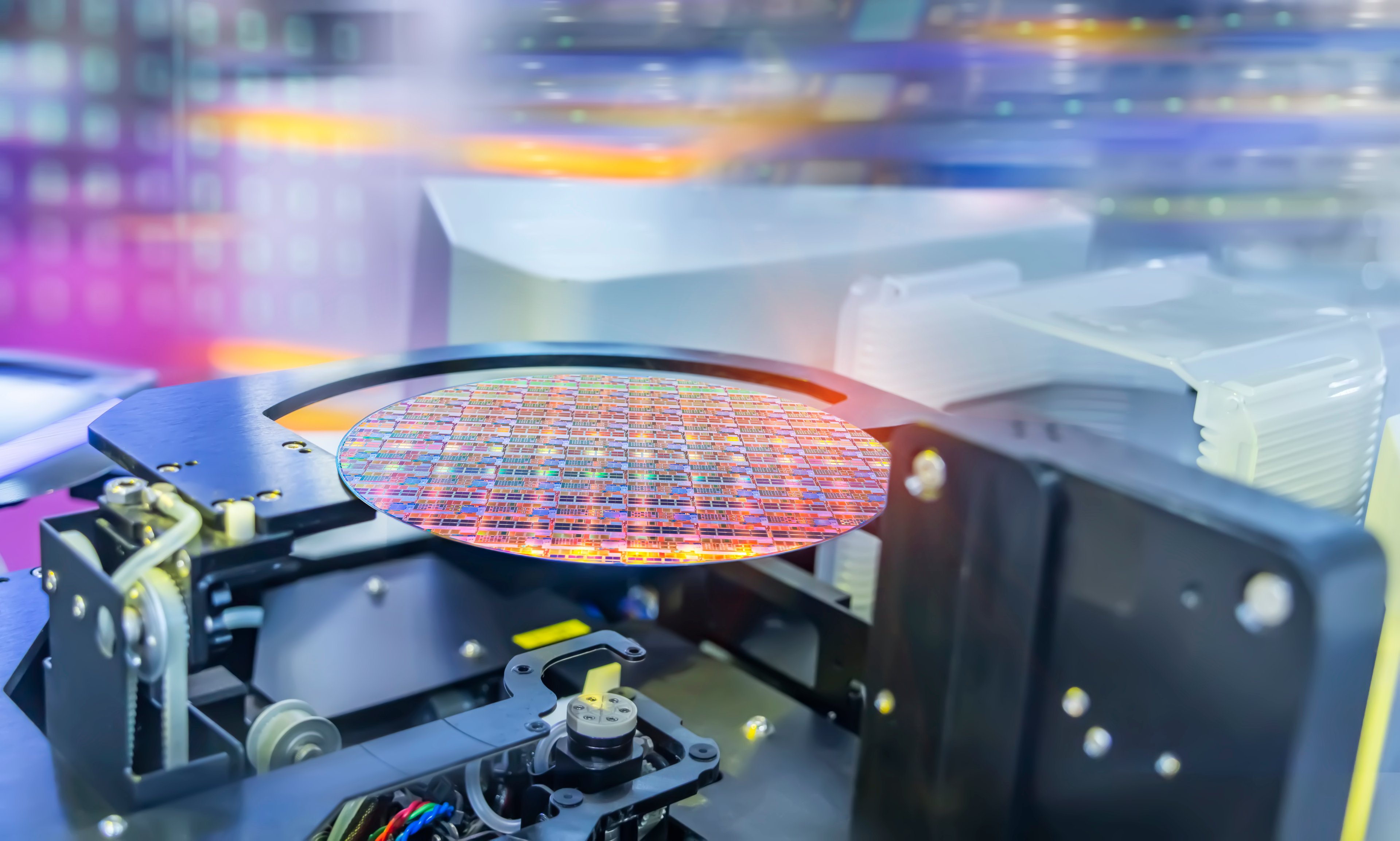Investor confidence in Intel (INTC +4.75%) is growing. The stock is up 10% from early February and has risen 30% since April 3, 2013. Part of this confidence comes from the belief that the decline of PC sales is bottoming out. There is also upside to the company's focus on increasing its mobile presence.
Has the PC market bottomed out?
Intel generated almost 63% of its total revenue from PC sales for fiscal year 2013. This represented a yearly decline of 4%. Global PC sales declined almost 7% for the year.
The good news for Intel is that PC sales are forecast to bottom out and perhaps even see some growth this year. There is evidence that the turnaround has already begun.
On a conference call, Hewlett-Packard (HPQ 5.75%) President and CEO, Meg Whitman, reported that the personal systems segment saw 4% growth, yet the company still lost less than 1% market share. Given this revenue growth and loss of market share, it is possible that PC sales are actually growing now, which spells good news for both Hewlett-Packard and Intel.
Mobile market is dominated by ARM...
The mobile market has been dominated by ARM Holdings (ARMH +0.00%). More than 95% of all smartphones and tablets run on system-on-a-chip designs by ARM. The company has become the dominant leader in this space.
ARM does not actually produce chips; instead, it licenses its designs. These designs are sold for prices between $500,000-$10 million, which is significantly less than the hundreds of millions of dollars it would cost to develop.
This allows the company to more easily respond to changing demands in the mobile world. So, while there are rather spontaneous and fast changes in the mobile market, ARM's model allows for rapid change to meet those demands.
Additionally, the company has focused on building chips that use less power than those Intel has developed. While powerful processors that use a great deal of power are fine for desktops and laptops, the mobile market demands chips that use considerably less power.
...But Intel's not conceding the mobile market
Despite the advantages ARM has in the mobile market, Intel can still be a force. The company has been moving into the cheaper Android tablet market by partnering with Chinese tablet makers in Shenzhen, China to make its chips. These manufacturers are expected to produce 130 million tablets this year, most of which will be priced under $400.
Another development that spells good news for Intel was Microsoft's (MSFT 1.74%) announcement that it would offer Windows for free on devices with a display of nine inches or smaller. Microsoft's increasing preparations to battle Google in the mobile market can help Intel produce more chips for Microsoft tablets.
With Windows licensing fees waived, these devices will be able to compete on price with less expensive chipmakers, many operating on ARM designs. Microsoft's decision will go a long way toward helping Intel meet its goal of selling 40 million tablet chips this year.
Here's the path to future success for Intel
The path to a strong future for Intel is there. An end to the PC sales decline is one big step. Growth of mobile market share is the other. Partnering with low-cost Chinese tablet manufacturers should also result in decent market share growth.
Further, if Windows devices begin to take market share from Android, Intel would be one of the big beneficiaries. Such a change could offset ARM's advantage in being able to react more quickly to mobile manufacturers' demands.








